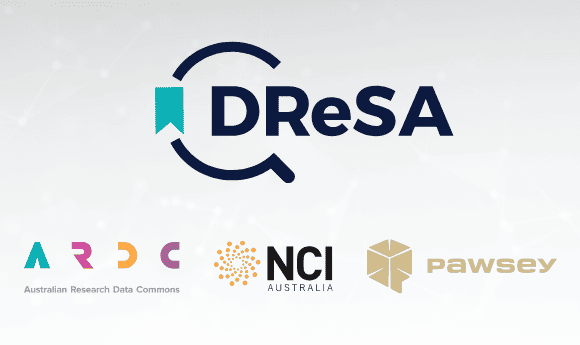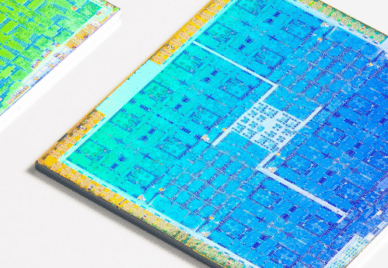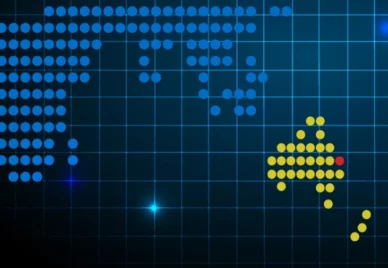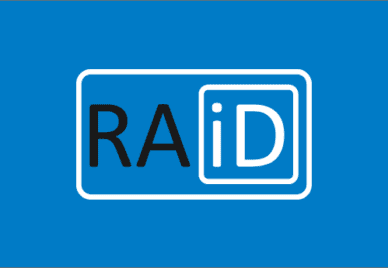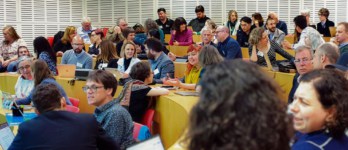
The Australian Research Data Commons (ARDC), National Computational Infrastructure (NCI Australia) and the Pawsey Supercomputing Research Centre have today signed a Memorandum of Understanding to cooperatively manage, continue to develop and maintain the Digital Research Skills Australasia (DReSA) national training registry.
DReSA is a free online registry of digital research training events, materials and trainers. It is an initiative of the training community born out of the need to improve the discoverability of training to upskill the research workforce on digital research methods and technologies.
A key driver for the development of DReSA was to provide a comprehensive view of the research sector’s digital research skills training. Twenty-four providers are already contributing to DReSA, with almost 1000 registered events, 44 trainers and 192 training material records currently listed.
This agreement, signed during the opening session of the Australasian Leadership Computing Symposium taking place in Canberra this week, aims to increase DReSA’s visibility and impact across the research community and provide certainty to users about its continuity and ongoing support.
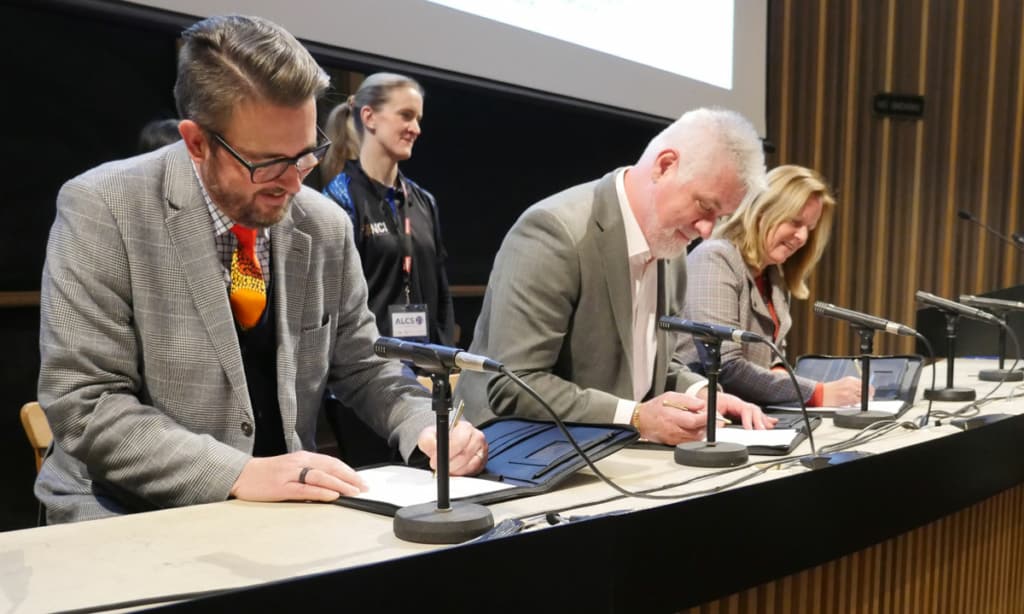
ARDC CEO Mrs Rosie Hicks said, “We’re thrilled to partner with NCI and Pawsey to ensure DReSA is sustained for the long term. DReSA will continue to play its part in helping to upskill the Australian research workforce.”
NCI Australia Director Professor Sean Smith said, “Supporting our users to grow their skills and expertise through training and hands-on learning helps them produce great science, and extends the impact and potential of our computing and data infrastructures.”
Pawsey Education and Training Manager Ann Backhaus said, “Growing DReSA and an inclusive community means Australian skills, science and research will continuously accelerate. We welcome new partners into this national initiative and look forward to growing this incredibly collaborative community of practice.”
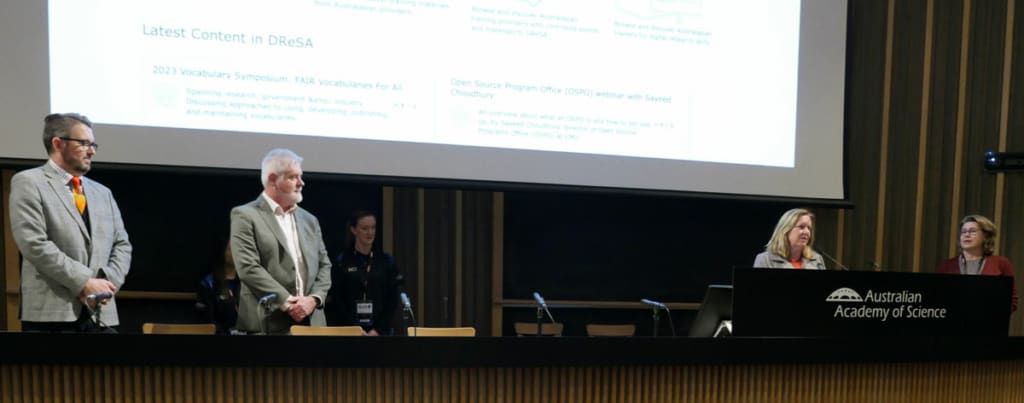
Together, the three facilities will continue to consolidate DReSA’s role as an integral component of the national digital training infrastructure. Supported by the community, DReSA will remain a key service for developing the skills and expertise of our scientists, researchers and engineers.
ARDC, NCI Australia and Pawsey are funded by the Department of Education through the National Collaborative Research Infrastructure Strategy (NCRIS).
Visit dresa.org.au to learn more.
Categories
Research Topic
Related Program
Related News & Events
- Launching DReSA: A Portal for Digital Research Training in Australasia
- Digital Research Trainers and Providers: DReSA Needs You!
- Digital Research Skills Trainers Convene at the 2023 ARDC Skills Summit
- Carpentries Partnership for Australia to Uplift Digital Research Skills
- ARDC Skills: Leading the National Digital Research Skills Agenda
- SupercomputingAsia 2024 Highlights Skills and Training
Related Case Studies


